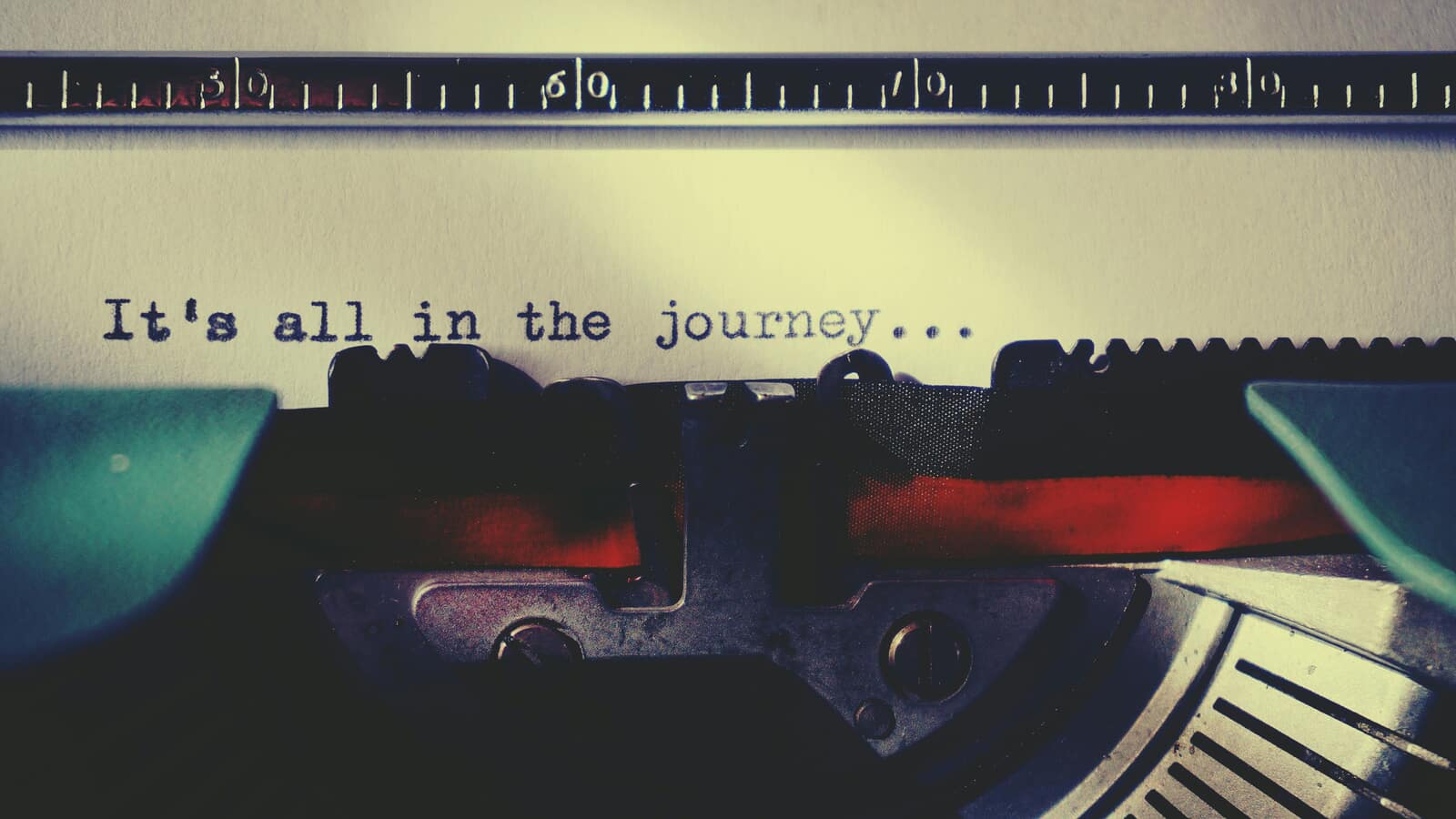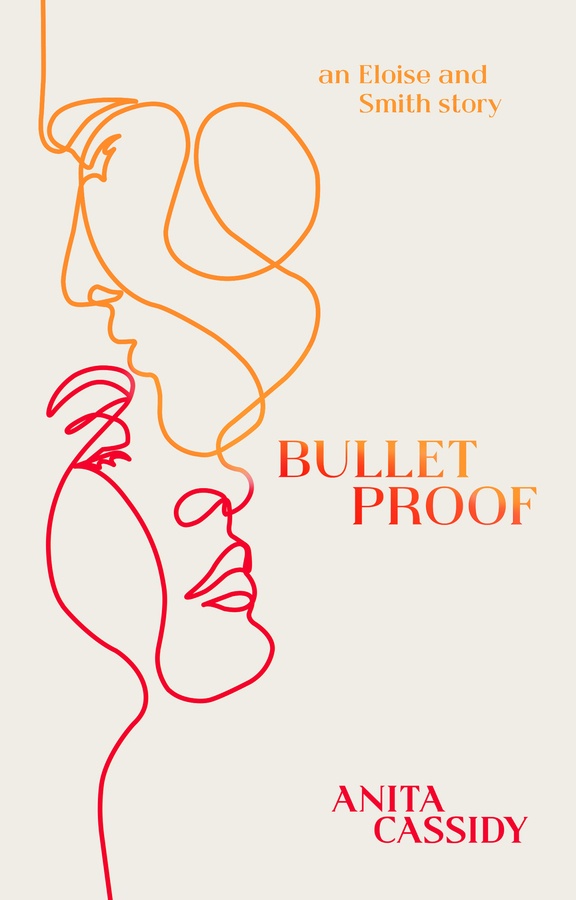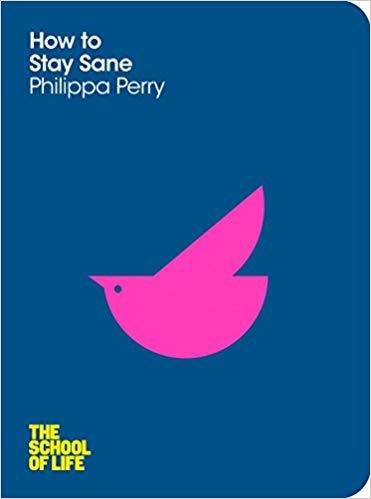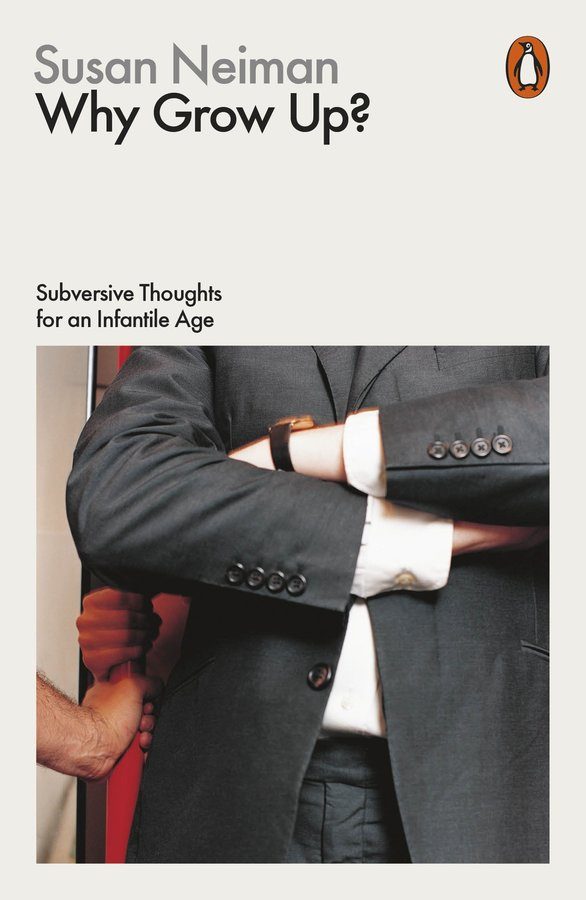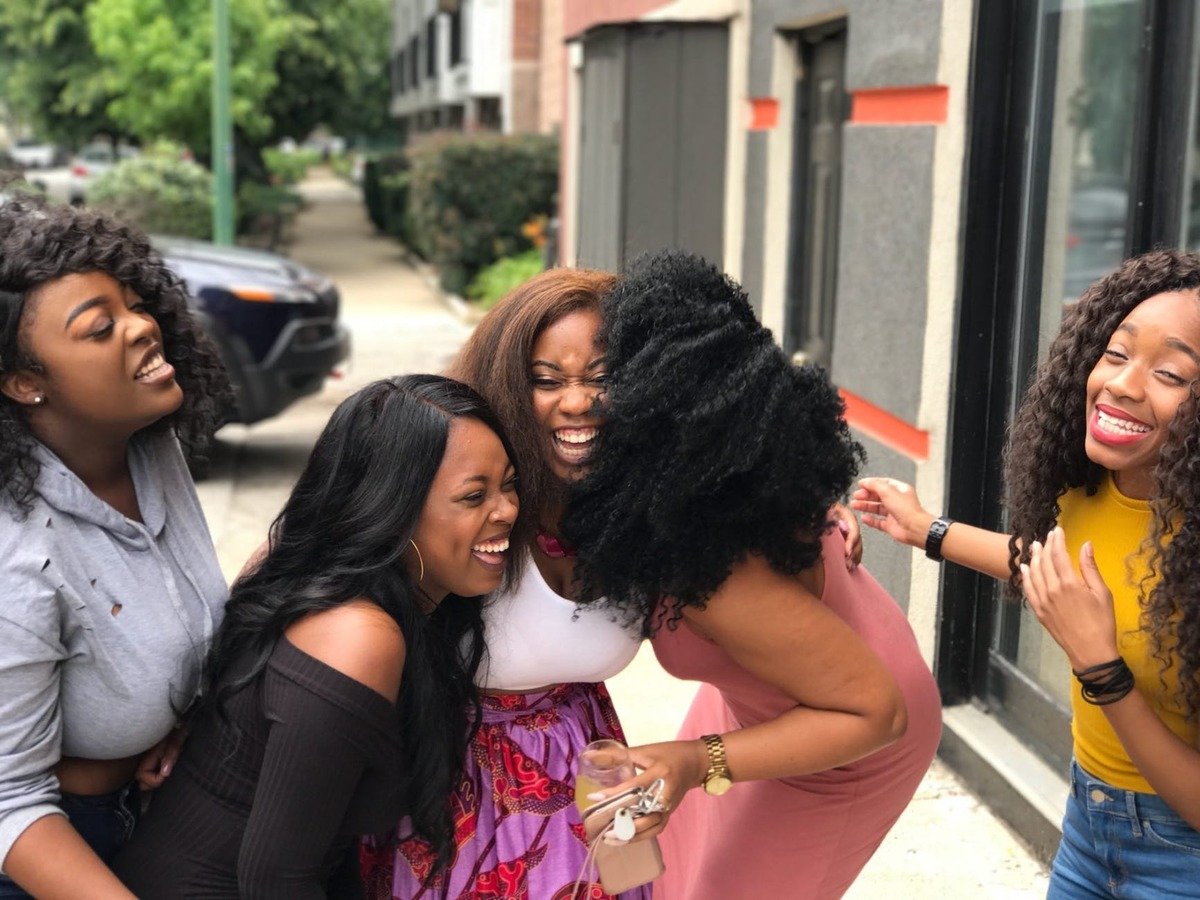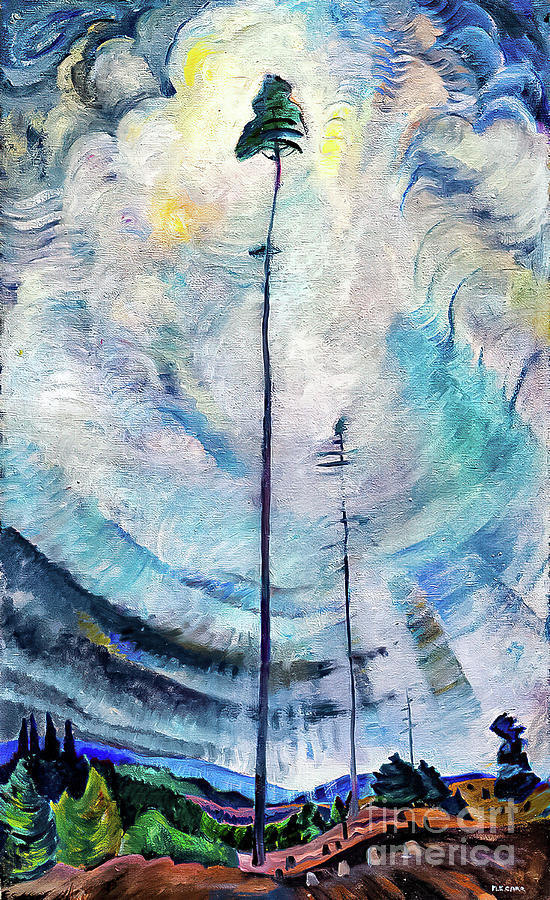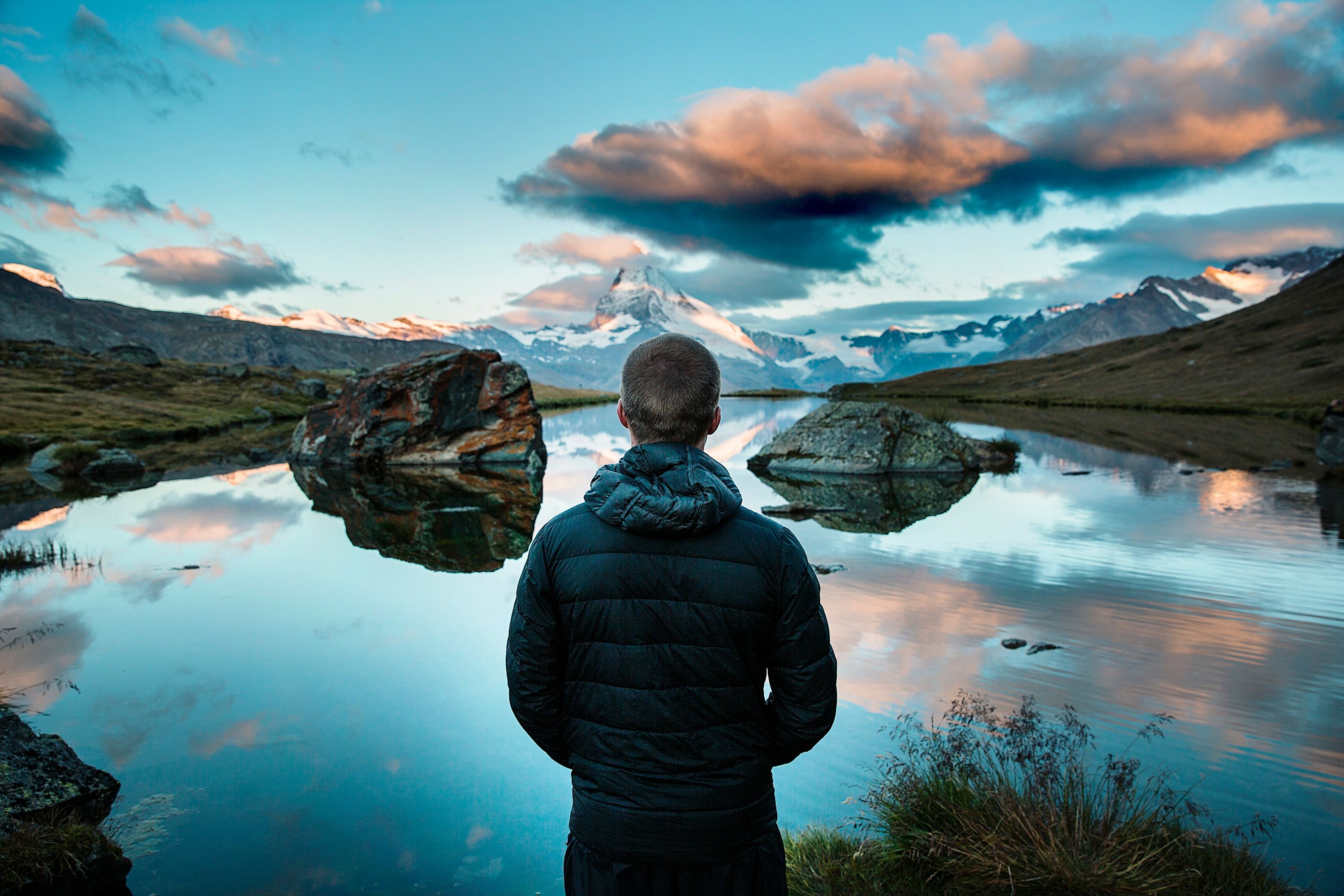The ongoing racism, ageism, classism and sexism that are harming so many people across the planet is an urgent issue. The murder of Breonna Taylor and so many other Black folk and children, the forced and secret sterilisation of ICE detainees, the unanswered questions over the death of Belly Mujinga and the ongoing xenophobic, Islamophobic and transphobic hysteria in almost all western media. These acts also harm the people who perpetuate them. White supremacy and patriarchy harm everyone but it is killing black people, trans people, women and children. All these stories are connected by the fact that they are not NEW – these incidents have happened throughout history and have been supported by and engaged with in similar ways by the media and white people. With that context, one question struck me: If the tactics are always the same why do we get drawn in?
The beginning of the answer can be found in our minds, in how we think and how that thinking interacts with the environment around us. So much of what we know about how we think is relatively new. It’s also information that can be hard to access especially when most of us are ground down by overwhelming personal responsibilities, unrecognised trauma and c-ptsd, poor pay and job insecurity as well as the twin terrors of anger and anxiety. Capitalism works hard to ensure we are too tired, stressed and distracted to think clearly.
Capitalism uses our unease to deliver productivity. It harnesses the fight response to get us working longer hours than ever before (often for even less) and then uses the flight response to tether us to the TV or our phone screens.
Capitalism and patriarchy have weaponised our neurological craving for simplicity and certainty by selling us “answers”. By creating conditions of stress, anxiety, anger and exhaustion they also undermine our ability to think clearly.
Culture is the cloak that capitalism wears to conceal itself. As Rousseau so clearly identified back in his 1762 book, The Social Contract, and in his other writings:
“…the sciences, letters, and the arts, less despotic and perhaps more powerful, spread garlands of flowers over the iron chains which weigh men down, snuffing out in them the feeling of that original liberty for which they appear to have been born, and make them love their slavery by turning them into what are called civilized people.”
Culture operates in a set of familiar ways when it comes to other-ing and generating resentment, anxiety and anger. All sides of the spectrum are capable of acting in these ways. The degree of harm caused depends on the power the person has access to. Here are some of the things that this “othering” playbook that includes:
hyper-sexualises or de-sexualises
hyper-criminalises or shows as apathetic
says they are stealing work or stealing benefits or hoarding or demanding resources
shows them as only being one thing (reduces them to a role/cliche)
describes them as dirty or diseased
belittles their intelligence and/or physical abilities
exaggerates their capacity for violence
uses lies and/or hides the truth and/or discredits its enemies
uses science and/or science type words to legitimise its ideas
uses paid/financially recompensed front-people to promote its ideas
uses legacy media to support its ideas and discredits independent platforms
uses the concept of “exceptionalism” to explain difference
misuses history and historical context
In 2020 parlance we might say that culture is the image filter that’s been put on reality because some people don’t want us to see it as it really is. And neither do we. We don’t welcome those who point reality out as the courageous Black Lives Matters protestors and those who speak up about and against gender, age and race related violence experience daily. We do not welcome those who suggest that matters of the mind, heart and body are more complex than eat less/move more and the idea that true love conquers all.
In a related point, Arie Kruglanksi (in his book on open and closed mindedness) had some advice about making decisions about people and situations. he said: Avoid making decisions when you are under time pressure, stressed, have a full cognitive load, are tired or under the influence of alcohol. I’m not sure I know many people who’re able to say that they’re not experiencing one, or many, of these almost all of the time… Capitalism, white supremacism and patriarchy create and maintain these stresses for anyone who is not financially bolstered by them.
Another thing that contributes to closed mindedness and also stereotypical thinking is being aware of our own mortality or having recently experienced failure. People tend to be more racist when they had higher awareness of their mortality or had recently failed a test/challenge (also from Kruglanski’s research). I can’t think of circumstances more designed to engender feelings of failure and awareness of death than 2020 with its COVID-19 pandemic, wild fires, floods and the prior decades of austerity. On top of this, the poisoned cherry on the cake, are the toxic culture wars started and stoked by legacy media and exacerbated by social media echo-chambers: culture and capitalism are woven together.
Our physical and emotional well-being impacts massively on how we think and what we’re able to cope with, both emotionally and practically. Sendil Mullainathan and Eldar Shaffir demonstrate this eloquently in their 2013 book, Scarcity. Scarcity (of time, money, care) creates a stress that disproportionately impacts how we think and feel. People who are preoccupied with even just one of these issues literally cannot think straight. And, interestingly, it’s abundance itself that contains the seeds of its own destruction. We tend to fritter time when we feel we have lots of it and also spend more money when we feel financially comfortable. The only way to counter these tendencies is by slowing down and taking more care, of ourselves and of the resources we know are finite. Our attention, our time, our energies and the world around us.
Systems such as big media, politics and big business know you’re too busy, tired or overwhelmed to think about any of the things it is saying (it knows because it has caused these things). It also knows how these tools can make you feel better about yourself (because if that someone else is lazy, dirty, undeserving and stupid then you definitely aren’t).*
This is the weaponising of the part of our minds that is tribal, the part that sees similarities to ourselves as “good” and difference as “bad”. This is also called in / out group thinking. It’s how people become fascists. It’s how we are all capable of causing harm: by taking all the things we don’ like in ourselves, pushing them away and applying them as fixed characteristics to others. We tend to think of mistakes the “in” group make (or their misfortunes) as being the result of circumstances and mistakes/misfortunes of the “out” group as being a result of their personal failings. It works with the good stuff too” we see “in” group success as a result of personal qualities and “out” group success as a result of the situation/context. Yes, this is how the brain works and your brain too. If you think you’re immune to unconscious bias just because you know about it, you are sadly mistaken.
As a final point, a very recent study shows that repetition creates a sense of truth, of fluency and also of doubt. This uncertainty is literally crippling to us as mammals. The media and politicians bang drums relentlessly for a reason.
Tie all this together with parenting and family environments that teach us to ignore or question our own feelings, cultural and social pressure as well as the aforementioned triple-whammy of austerity, climate change and pandemic and you can see why it might be easier to close down rather than open up.
We are taught to externalise our anger and it rages outwards as blame. We are taught to internalise our anxiety and it rots inwards as shame.
What to do… well, without systemic change these things are always more challenging but we can be optimistic and aware that more people ARE questioning these structures and systems, that more and more people are asking why and wondering how it might be different.
Working across groups, to include everyone, is what creates change. Listening to the people who are at the forefront of the issues is what creates change. Collaboration and community underpinned by the concept of radical democracy – that is, community which listens to all, which questions bias and dominance and agrees on issues and actions with fairness and respect.
On a personal level, we can work to identify and address, through self work or therapy, our own familial and social experiences of trauma and violence. Reading the books below can be a great start or learning more about unconscious bias.
We can all understand our own thinking (and biases) better and work towards improved awareness. Putting a pause between thinking and acting is the best (and yet also hardest) place to start. Start small but do start. Every pause is space that allows for a choice to be made more consciously and an act to be made with more care.
Further reading
Women, Race and Class – Angela Y Davis
Delusions of Gender – Cordelia Fine
Thinking, Fast and Slow – Daniel Kahneman
Stamped from the Beginning – Ibram X Kendi
Bad Science – Ben Goldacre
All American Nativism – Daniel Denvir
The psychology of closed mindedness – Arie Kruglanski (more technical)
Scarcity – Mullainathan and Shaffir
The Democracy Project – David Graeber
Why Grow Up? – Susan Neiman
Antifragile – Nicholas Taleb
*Rather than me provide examples, I invite you to work through these words and consider who and what you’ve seen identified as being defined by these characteristics.









